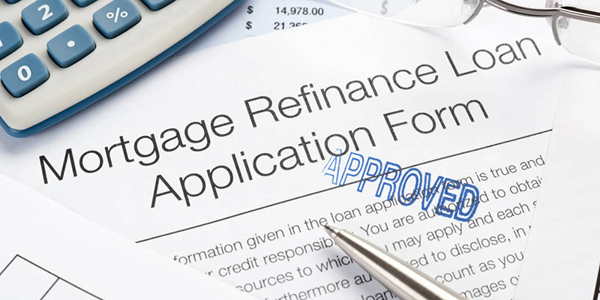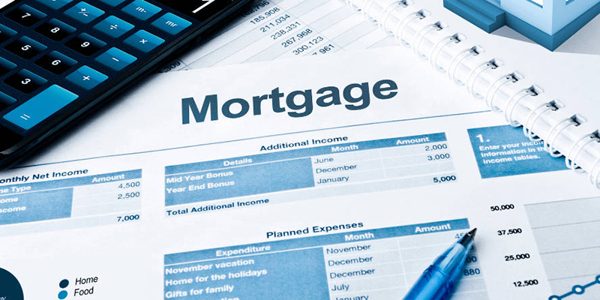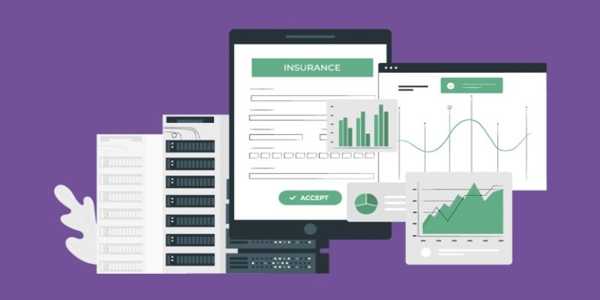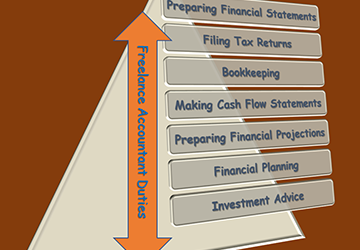Do you feel that your mortgage payments are swallowing you whole? Are you suffering from loan sharks' decision to change the loan terms? Many people are trapped with mortgages that they cannot afford.
Overlooking this factor can prove costly to your business. You could lose thousands of unwise interest or opportunities to save and grow your money. Each month that passes is another loss for implementing the program.

But mortgage refinancing could be just the shot in the arm you need. We will assist you with when to refinance and how to go about it. Read on so that you will be able to learn more about the refinancing success secrets.
Are you ready to regain control over your mortgage? Let's get started!
The Benefits of Mortgage Refinancing
Refinancing your mortgage is not just some high-sounding financial jargon; it is a tool that can transform your financial life.
First on the list is reduced monthly instalments. Who wishes to avoid having extra cash at the end of the month? Refinancing can make that happen, creating more pay in your budget.
Getting a better rate can save you thousands over the life of your loan, even if it is only a couple of points lower. Remember to consider the possibilities of using home equity.
For many homeowners, refinancing is a wise decision. It allows them to adjust their mortgage to their needs and wants.
Optimal Times to Refinance Your Mortgage
The best time to mortgage refinance is when interest rates are low. Let's discuss in detail when and how to do it.
1. When Interest Rates Drop
Low rates are similar to sales; you want to exploit them. Watch the market to ensure that you stay caught up. When rates fall below the current one, it is time to do some simple arithmetic.
How low does it have to sink? The difference should be at least 1%. This could mean significant savings in the long run and ensure satisfactory quality of goods and services.
It would help if you also considered the closing cost expenses. If you are careful, they can avoid havoc, lead to much spending, and drain your pockets.
Pro tip: Use online calculators to determine your savings potential. If the math looks good, start looking for a lender.
2. When You Have Increased Home Equity
Home equity is one of those things that you keep in your back pocket. Equity is the difference between your home's value and the loan amount you still owe. This can lead to better options for refinancing the mortgage.
Higher equity always leads to better interest rates and other charges. That is more money for you to keep in your pocket monthly.
Are you considering using that equity? You could refinance for many reasons, such as for home renovations or to clear high-interest debts.
When Your Financial Situation Improves
You got a raise and paid off some debts. Your enhanced financial position might be the key to a better mortgage deal. Banks and other financial institutions always prefer borrowers with a good financial background.
So, before you leap, ensure that you have the following documents for your financial information. Lenders want to see recent pay stubs, tax returns, and bank statements, which will indicate to lenders that refinancing is for you.
3. When You Need to Change Loan Terms
Your current loan often needs to meet your needs as it did when you took it. You can shorten the term of your mortgage or reduce your monthly payments.
It is wiser to take a mortgage for 15 years instead of 30 years because interest is charged less. However, prepare yourself for more money to be paid every month.
Remember, a shorter-term plan means you will own your home earlier, but it will attract a higher monthly cost. A longer-term plan helps distribute the monthly payment and means the client pays more interest in the long run.
Decide on what you want and what you may need in the future. Your mortgage should be an asset, not the other way around.
Steps to Successfully Refinance Your Mortgage
Are you prepared for the refinancing experience? Here's the step-by-step guide to help you understand the process like a pro.
1. Assess Your Current Mortgage
First, you need to know what you are dealing with. Take out all the documents related to your mortgage and look closely at them. What's your interest rate, and are you still paying off the loan?

Do more than just read through it; try to grasp your loan's state. Are there any penalties for prepaid amounts? When was the last time you refinanced? All these aspects come into play when you are in the market for a new deal.
Take a pen and a notebook and do some simple arithmetic. This will help you better understand the refinancing opportunities that are available to you.
2. Research and Compare Lenders
Do not limit yourself to the lender you are currently using. Research the market to get the best price. Compare the large national banks, credit unions in your area, and online lenders. All of them have advantages and disadvantages.
It is critical to note that when comparing the offers, do not only look at the interest rate. Sometimes, though the interest rate may be slightly higher, the fees are lower, making it a better deal.
3. Gather Necessary Documentation
Let's go for a paperwork detective now. Lenders will want to have evidence of your financial life. Start collecting:
Recent pay stubs
● The W-2 forms and tax returns
● Bank statements
● Evidence of property and liabilities
Home is one of many things you should remember. You could require a new assessment. Create a folder (online or real) and place all the materials.
4. Apply for Refinancing
It is time to apply. Select your lender and complete the application form for that particular lender. Be very detailed and do not omit any information—any inaccuracy will take time to correct.
After the application is submitted, you enter the underwriting process. The lender will recheck all the information you provide. They might request additional papers, so do not cease communication.
Keep financial status the same, especially during this period. Keep jobs and apply for new credit, which can upset the apple cart.
Close the New Loan
Your lender is required to provide you with a closing disclosure. Please read it carefully, check it against your original budget, and do not hesitate to report anything that seems suspicious.
On the closing day, you will sign what seems like a pile of papers. Read everything carefully, and do not rush through the text. Do not hesitate to ask questions because that is why the closing agent is there.
Once you sign, congratulations! You've successfully refinanced. The new loan documents should be stored safely. Now, you are on your way to receive improved mortgage terms.
Frequently Asked Questions
Q. How much will it cost to refinance my mortgage?
Ans: Refinancing costs vary between 2% and 6%, which you must pay to refinance. This comprises the appraisal fee, title insurance, and other fees the lender may charge.
Q. How soon can I refinance after buying a home?
Ans: Most lenders require the borrower to wait 6-12 months before they allow them to borrow again. Look at your current mortgage to see if there are any penalties for paying it off early.
Q. Will refinancing affect my credit score?
Ans: Refinancing can cause your credit score to drop slightly in the short term because of the hard inquiry and the new account. However, the influence is often relatively minor and does not last long.
Q. Can I refinance if I'm underwater on my mortgage?
Ans: It's challenging but possible. Check out possible government programs such as the HARP (Home Affordable Refinance Program) or any subsequent programs. Lenders provide some mortgage programs.
















